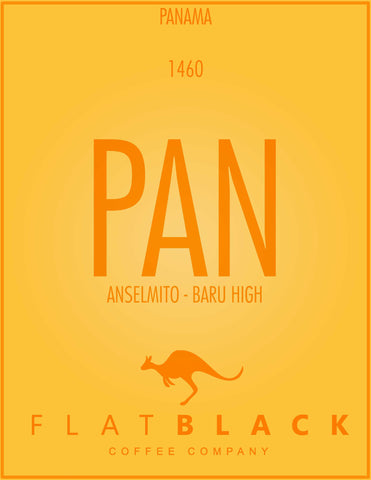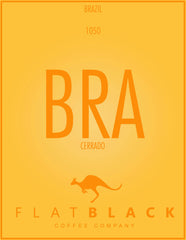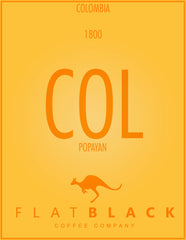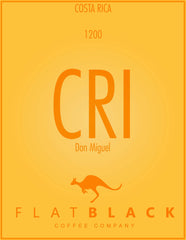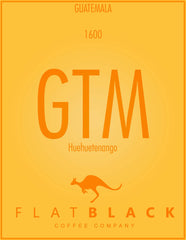Description
Success from failure, the beginnings of Panamanian Bar'u share the tale with the failed attempt by the French to construct the Panama Canal. This initial attempt to reduce the shipping distance from East to West resulted in a large migration into Panama. Having heard tales of the incredible beauty and ideal conditions for farming in a region called Boquete on the interior of the pacific coast of Panama, Domingo Suarez migrated north from Panama City to begin his work and his family. Boquete, with reputation for world class coffee was the perfect for his passion to root. In the 1940's the region suffered a great reduction reduction in quality when processing was centralized, however in 1987, Vidal Suarez, Domingo's grandson purchased land and constructed a mill at which to process his families beans. Indian Bar'u brand was found.
Today the brand retains its strength by maintaining its basic principles.the environment-friendly or nature-system grown technique-coffee that is grown according to the natural surroundings demands. While this type of growing coffee does not produce a high yield, the combination of shade trees and coffee plants provides many advantages: Biodiversity is created per each type of geographical location. Soil quality is maintained and improved. The traditional, more flavorful, non-hybrid and shade loving coffee varieties, known as Typica, can grow well in this environment. The trees provide a natural food supply for birds and beneficial insects. Growing in all the right directions Bar'u brand is headed by the great-grand child of founder Domingo and is most recently involved in current leading edge topics such as precision agriculture applied to coffee, denomination of origin & carbon capture.
The Anselmito estate was originally property of the Watson family, from European origins. It was then purchased by the Perez Balladares family around 1992-1993. It is located in the Jaramillo region and has the Catuai and Tipica varieties, most of the trees being the originals from the first family that owned it. It has it’s own wellspring and also another one that runs thought it and originates above the area. It’s location allows great views to the west to the Barú Volcano and the main square of the city of Boquete. It also has specific wildlife different from the region due to the large amount of shade given by the trees.
Farm: Anselmito, Videira e Hijos
Location: Boquete and Jaramillo in Chiriquí, Panama
Altitude: 1000-1250m
Varietal: Typica
Notes: Organically Grown
Process: Fully washed, Wet Processed
Cupping Notes: At full city roast this medium bodied coffee retains a depth uncommon in many central american coffees. The cup is lightened with subtle fruit tones but it keeps our attention with a robust yet mysteriously indistinct toasted nuttyness that is both curious and satisfying.
